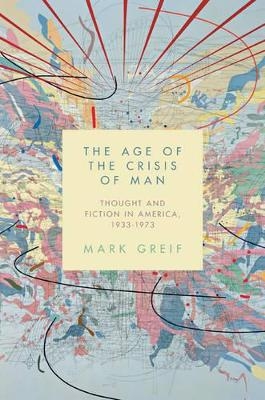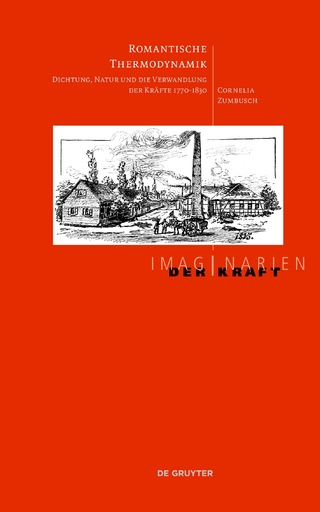
The Age of the Crisis of Man
Princeton University Press (Verlag)
978-0-691-14639-3 (ISBN)
Succeeding them, Ralph Ellison, Saul Bellow, Flannery O'Connor, and Thomas Pynchon constituted a new guard who tested philosophical questions against social realities--race, religious faith, and the rise of technology--that kept difference and diversity alive. By the 1960s, the idea of "universal man" gave way to moral antihumanism, as new sensibilities and social movements transformed what had come before. Greif's reframing of a foundational debate takes us beyond old antagonisms into a new future, and gives a prehistory to the fractures of our own era.
Mark Greif is associate professor of literary studies at the New School. He is a founder and editor of the journal n+1.
Preface ix PART I Genesis 1 CHAPTER 1 Introduction The "Crisis of Man" as Obscurity and Re-enlightenment 3 CHAPTER 2 Currents through the War 27 CHAPTER 3 The End of the War and After 61 PART II Transmission 101 CHAPTER 4 Criticism and the Literary Crisis of Man 103 PART III Studies in Fiction 143 CHAPTER 5 Saul Bellow and Ralph Ellison Man and History, the Questions 145 CHAPTER 6 Ralph Ellison and Saul Bellow History and Man, the Answers 181 CHAPTER 7 Flannery O'Connor and Faith 204 CHAPTER 8 Thomas Pynchon and Technology 227 PART IV Transmutation 253 CHAPTER 9 The Sixties as Big Bang 255 CHAPTER 10 Universal Philosophy and Antihumanist Theory 281 CONCLUSION Moral History and the Twentieth Century 316 Notes 331 Acknowledgments 401 Index 405
| Erscheint lt. Verlag | 18.1.2015 |
|---|---|
| Verlagsort | New Jersey |
| Sprache | englisch |
| Maße | 152 x 235 mm |
| Gewicht | 709 g |
| Themenwelt | Geisteswissenschaften ► Sprach- / Literaturwissenschaft ► Anglistik / Amerikanistik |
| Geisteswissenschaften ► Sprach- / Literaturwissenschaft ► Literaturwissenschaft | |
| Sozialwissenschaften | |
| ISBN-10 | 0-691-14639-X / 069114639X |
| ISBN-13 | 978-0-691-14639-3 / 9780691146393 |
| Zustand | Neuware |
| Haben Sie eine Frage zum Produkt? |
aus dem Bereich


